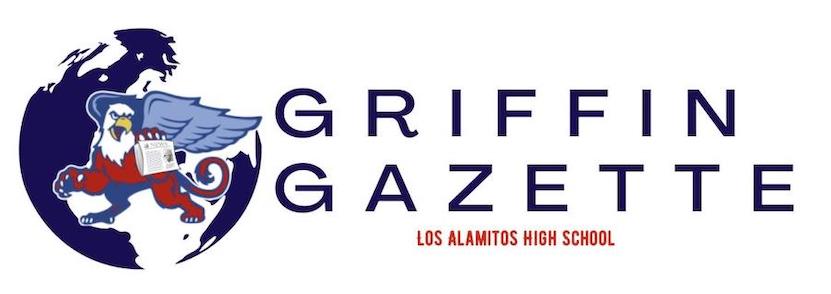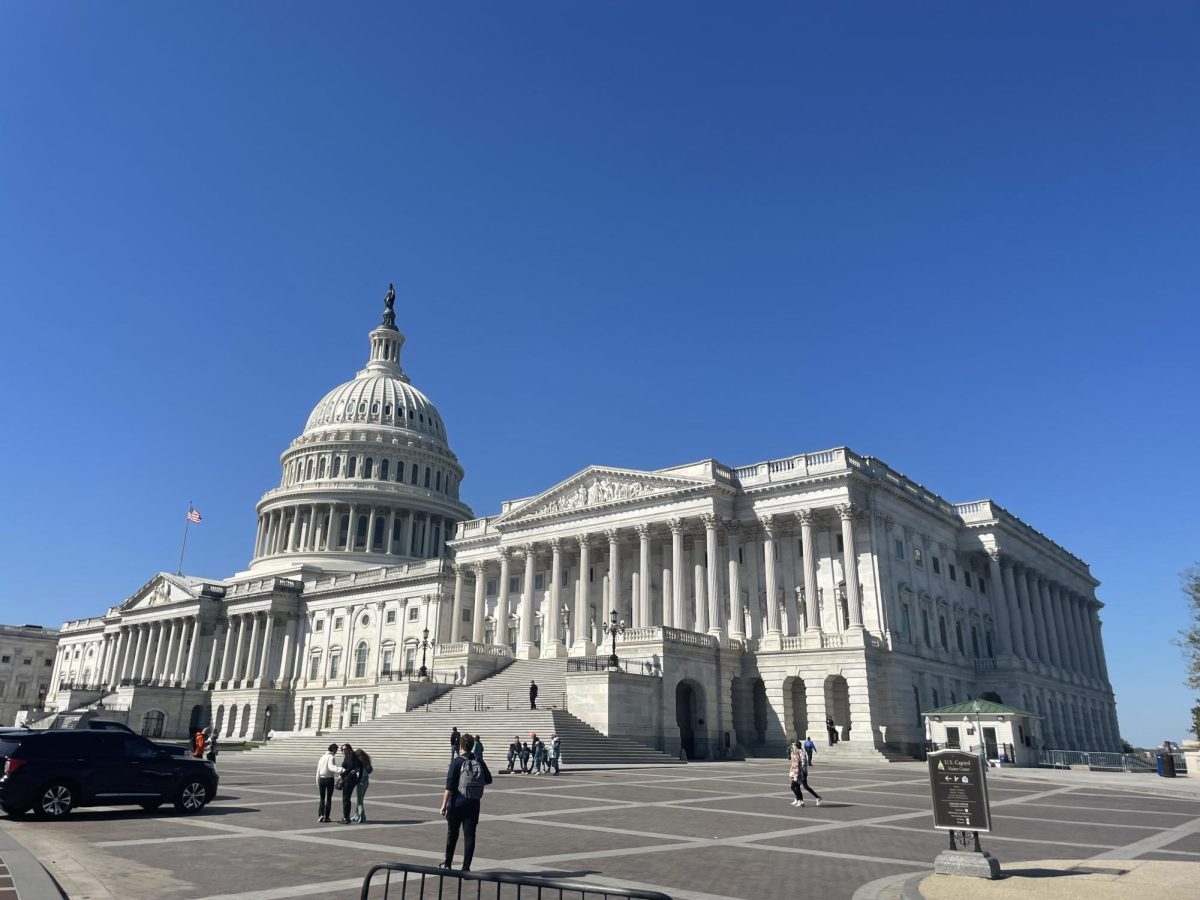LOS ALAMITOS, Calif. — At the 2025 Grammys, Beyoncé’s album, “Cowboy Carter,” took home two very notable Golden Gramophones representing her win for Album of the Year and Best Country Album. Her most recent album released on March 29, 2024, with the two lead singles being “Texas Hold ‘Em” and “16 Carriages.” With major initial success, the album debuted at number one on the Billboard 200 and reached one billion streams within two months. Despite the success of “Cowboy Carter,” much of the internet is shocked at these wins, with #Scammys trending.
Out of the eight nominees, Taylor Swift’s “The Tortured Poets Department” and Billie Eilish’s “Hit Me Hard and Soft” were arguably the most appreciated albums of the year and were projected to win in multiple categories, but instead, both artists walked home without a single Grammy.
“The Tortured Poets Department”
Taylor Swift announced her 11th studio album, “The Tortured Poets Department,” at the 2023 Grammy Awards after winning Album of the Year for her 10th studio album, “Midnights.” The album was set to release on April 19, 2024. On release day, the album accumulated 300 million streams, the only album in Spotify history to accomplish this. Within the first week, the album amassed 1.76 billion global streams, setting a world record. A total of seven writers and producers are credited on this album. Regarding album sales, Swift sold 2.61 million units in the first week in the United States, while Beyoncé sold just over 400,000 units in her debut week. “The Tortured Poets Department” had a significantly stronger debut in both sales and streaming.
Additionally, three hours after Swift’s album release, she surprised the music world with an additional album called “The Tortured Poets Department: The Anthology.” This surprise release added 15 new songs to the previous album, for a total of 31 songs on Swift’s album with two hours and two minutes of playing time. This is more impressive when considering that during the writing and release process of this album, Taylor Swift was on her record-breaking world tour, The Eras Tour.
“Hit me Hard and Soft”
Billie Eilish’s third studio album, “Hit Me Hard and Soft” was announced in March of 2024 and officially released on May 17, 2024. On the first day of release, the album accumulated 72.7 million streams on Spotify, Eilish’s biggest streaming debut. Within the first week, the album achieved 500 global streams, setting a record for Billie Eilish: this was extremely impressive for having only released three albums in her career. “Hit Me Hard and Soft” debuted at number two on the Billboard 200 chart, with all 10 tracks reaching the top 40 on the Billboard Hot 100.
For Eilish, this album marked a major artistic evolution. Billie Eilish and Finneas O’Connell, the only two songwriters on this album showcased an authentic combination of their creativity. The album’s commercial success and deeply personal themes solidified “Hit Me Hard and Soft” as an important movement in Eilish’s career.
Is the Grammy decision process fair?
After looking at the statistics of “Cowboy Carter,” “The Tortured Poets Department” and “Hit Me Hard and Soft,” “Cowboy Carter” seems like the least likely candidate for a win, so why did it receive major awards?
The Grammy Awards are determined through a voting process that emphasizes technical excellence. The Grammy winners are chosen based solely on the votes of the 13,000 members of the Recording Academy, all of whom are considered industry professionals. This process raises questions about the fairness and the value of fan-driven success.
“There’s one big reason these winners can be so terrible and probably will be for the foreseeable future: the nominations and voting process are a mess,” Kelsey Mckinnley wrote for vox.com.
Because of this voting system, streaming numbers, sales and chart positions that often reflect an artist’s widespread popularity and arguably the quality of their music are not taken into account. Instead, the focus is placed on the perceived impact of the work. Although this system is implemented with hopes of elevating artistic achievements, it also leads to a sense of disconnection from the preferences of the public, the people who create the statistics. The small group of industry insiders that determine wins also raises a risk for bias.
In this light, the Grammys can often appear to prioritize industry standards of actual popularity and influence that the songs have on the world.




















